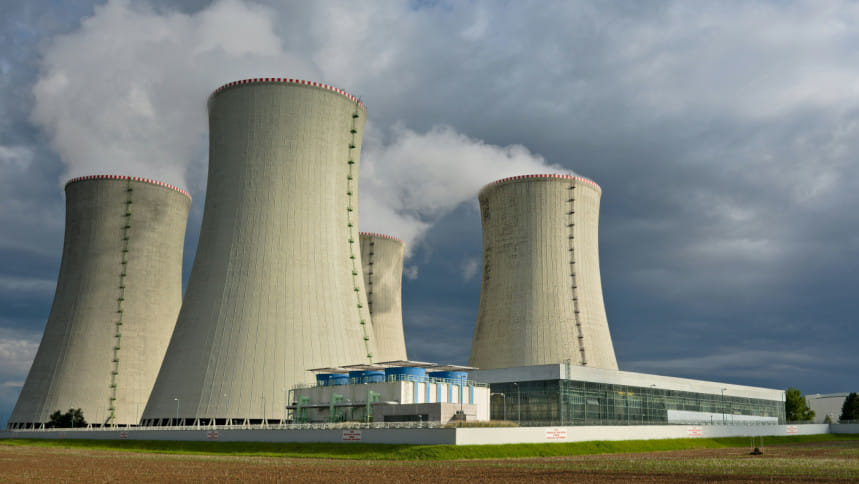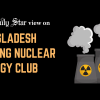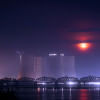Meta is looking for nuclear energy reactor developers

Meta has announced plans to explore nuclear energy as part of its efforts to power artificial intelligence advancements and support its environmental objectives. The company revealed on Tuesday that it will issue a request for proposals (RFP) to identify developers capable of building 1 to 4 gigawatts of new nuclear power capacity reactors in the United States.
Why Meta is turning to nuclear power
Meta's move comes in response to the anticipated surge in electricity demand, driven by the rapid growth of AI technologies and data centers, explains the tech giant in an official blog post. According to multinational investment firm Goldman Sachs, US data centre power consumption is expected to triple by 2030, requiring an additional 47 gigawatts of electricity generation. Thus, Meta believes nuclear energy will play a crucial role in creating a cleaner, more reliable, and diversified power grid.
While Meta continues to invest in renewable energy sources like solar and wind, it views nuclear power as a complementary solution. Unlike renewables, nuclear projects are more expensive to build, take longer to develop, and have more regulatory hurdles. However, they also offer a longer operational lifespan, making early and strategic planning essential, explains the company.
What Meta is looking for
Meta is seeking developers experienced in community engagement, regulatory permitting, and nuclear technology. The company is open to proposals for both large traditional nuclear reactors and small modular reactors (SMRs), an emerging technology that is not yet widely commercialised.
Developers interested in participating must submit their proposals by February 7, 2025. Meta plans to begin adding nuclear power capacity in the early 2030s, says the company.
Challenges in expanding nuclear power
While nuclear energy holds promise, its deployment in the US faces significant challenges, explains an article by Reuters on the matter. The Nuclear Regulatory Commission is often overburdened, and potential issues like uranium supply shortages and local opposition to new reactors could slow progress.
However, Meta isn't alone in exploring nuclear energy for data centre operations. Earlier this year, Microsoft partnered with Constellation Energy to restart a nuclear reactor at Pennsylvania's Three Mile Island, marking the first-ever reactor restart for data centre use. Similarly, Amazon has invested in a nuclear-powered data centre developed by Talen Energy.

 For all latest news, follow The Daily Star's Google News channel.
For all latest news, follow The Daily Star's Google News channel. 








Comments